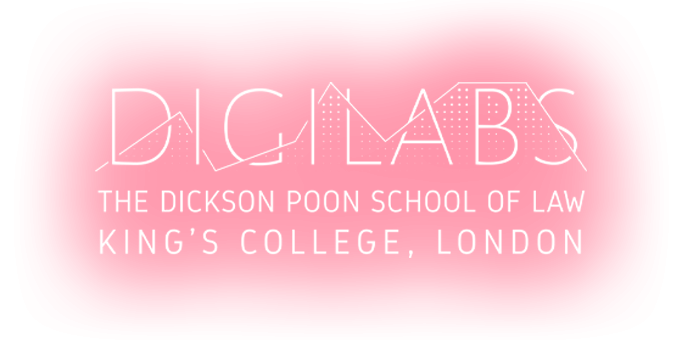Legal Opinion - The Legal Status of AI-Generated Works
Gaudenz Küenburg
The paper addresses the implications of EU copyright law for AI-generated artistic works by the example of creations by widely available AI-driven applications. The paper first sets out the technical basics which are decisive for an analysis of AI-generated works in the context of copyright law. On this basis the principles of EU copyright law are then applied to AI-generated works and possible solutions are proposed and discussed for shortcomings identified in this process.
The enigma code: Regulating AI Large Language Models before it is too late, is it possible?
Gabriela Commatteo
This legal opinion explores one of the latest disruptive AI technologies, large language models (LLMs), and the challenges and risks they bring about, including their predisposition to discrimination as well as the potential to reproduce and scale mis and disinformation. On this basis, the author proposes a set of measures to regulate them, including the creation of a tracking system to recognise LLMs-generated outputs such as automated traceable e-seals and time stamps.
The Good, the Bad, and the Fake - Legal opinion: Proposal of a Legal Framework to Address the Threats and Legal Obstacles of Unauthorised and Malicious Deepfakes
Tuuli Säynätkari
This legal opinion highlights both the benign and malicious uses of deepfakes and the technologies used for creating them, and illustrates how existing laws fall short in the battle against unwished forms of deepfakes. This opinion also proposes the establishment of a new global legal framework to address the regulation of deepfakes, while addressing issues from freedom of speech to legal ethics to argue that a normatively appealing and constitutionally permissible legal framework is possible.
Legal Opinion on Deepfakes and Platform Responsibility
Sheyna Cruz
The paper explores in depth the role that platforms can, and ought, to play in response to deepfakes. The author discusses compelling legal and business reasons for platforms to tackle deepfake disinformation sooner rather than later and proposes a number of ways for policymakers and regulators on how to update the legal framework. The paper argues that current legal interventions do not go far enough to tackle deepfake threats; an effective response strategy must involve online platforms as the frontline responders in a deepfake-incited crisis.
Legal Opinion: DeepFakes and the Collapse of Truth: a Comparative Analysis between American and European Reactions to a New Systemic Threat
Giulia Ghidini
Given the potential of deepfakes, which has become a new type of “digital forgery” that helps to disseminate completely false content and threaten an already vulnerable information digital ecosystem, the paper aims to provide a detailed analysis of the current legal framework in the US and Europe, taking into account and discussing potential remedies to address deepfakes. Furthermore, it discusses the crucial relationship between freedom of expression and the regulation of deepfakes, arguing for a revision of the traditional legal arguments underlying the regulation of online information flows.
Legal Opinion - Artificial Intelligence, Responsibility, and European Regulation
Richard Falk
This legal opinion reflects the European approaches to foster responsible AI systems. It illuminates the potential of AI systems and what risks are inherent to it. It critically discusses the current European legislation and guidance, which aims to protect stakeholders from the harm AI can cause. Finally, the opinion articulates crucial aspects of responsible AI.
The Legal Challenges of the Publishing Industry in the E-book Era (Legal Opinion)
Chiara D'Onofrio
This paper analyses the legal framework for the copyright protection of e-books, discussing in particular the CJEU case law on the re-sale of lawfully purchased e-books, and the issues involved in the digitization of physical books, from the Google Books Project to the latest developments due to the COVID-19 pandemic. This paper also outlines some of the market challenges the publishing industry is facing in the e-book sector, including anti-competitive behaviors, the libraries’ struggles in the e-book industry, the changes brought forward by self-publishing, and the major threat of e-book piracy.
A Proposal for the Regulation of AI-Generated Works
Lim Jia Yi Edina
This dissertation deals with the regulation of works generated by AI. It seeks to resolve the issues of authorship and ownership vis-à-vis AI-generated works (“AGWs”), and also aims to explore how competition law can play a role in regulating the AGW industry. It concludes that the best form of copyright protection would be to classify AGWs as a new category of entrepreneurial works, owned by the entity which took the arrangements necessary for its creation, whilst incorporating principles of unfair competition into the scope of protection.
